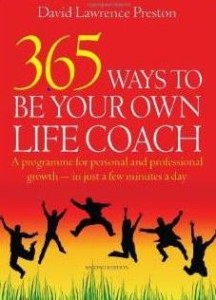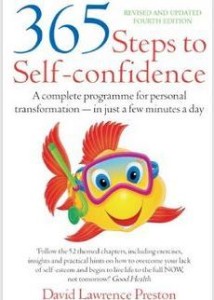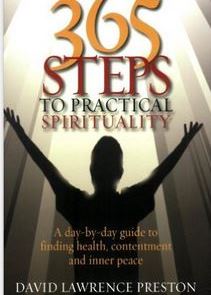 Having recently taken up the game again after a twenty year gap, it seems to me that in many ways Bridge is an analogy for life.
Having recently taken up the game again after a twenty year gap, it seems to me that in many ways Bridge is an analogy for life.
Think about it. People come from North, South, East and West. Everyone must come to the table. There are rules and conventions to be observed. If you don’t, you’ll be disappointed. The game can be relaxed and informal or more serious.
You form partnerships. You also have to face rivals and antagonists. There are dealers and dummies and most of us can benefit from good teachers to help us face the challenge. There is also merit from teaching others.
You’re dealt a hand; it may be balanced or unbalanced, strong, medium or weak. Your task is to make the best of it. Others are dealt hands too, but you don’t get to see their cards until the hand is played. Some have more winning cards than others. Some have lots of trumps, others none at all. You look for a good fit with your partner/s taking account of both your and their strengths and weaknesses.
You make a play for what you want. Sometimes you’re over optimistic and take on too much; sometimes too pessimistic, undervaluing yourself and your resources. Sometimes you have to bluff.
Having bid, you play your cards. Sometimes you lead, sometimes follow. You have to follow suit if you can and if you don’t you’re in trouble. It feels good when you can trump.
Sometimes you’re vulnerable. The rewards for winning when vulnerable are considerable, but so are the potential losses. It takes courage to aim high but the payoff is great.
At the end of each hand, you add up the points. You’re a winner or a loser, but you decide how much it matters. Have you enjoyed the game? Have your co-contestants enjoyed playing with you?
Eventually we all leave the table. Are you happy to do so, or regretful? Can you look back on hands well played and lessons learned from your mistakes? If so, you’ve got it!
©David Lawrence Preston, 5.11.17
Follow me on Facebook and Twitter @David_L_Preston




